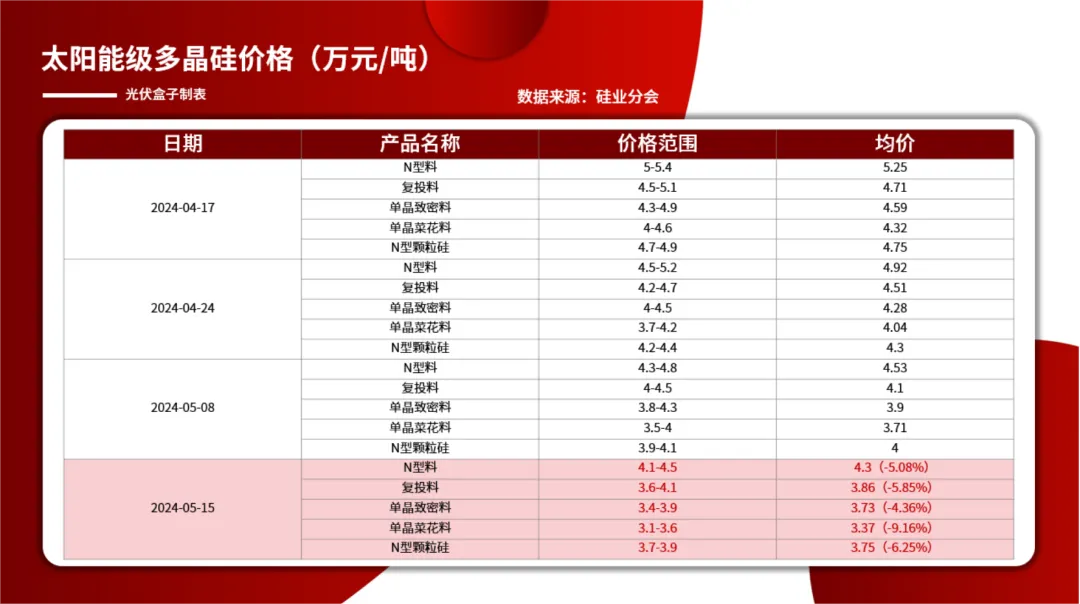Exploring the Benefits of Off-Grid Solar Energy Systems for Sustainable Living
Exploring Off-Grid Solar Systems A Sustainable Energy Solution
In recent years, the global energy landscape has witnessed a significant shift towards renewable energy sources, driven by climate change concerns, energy security, and the pursuit of sustainable living. Among the numerous solutions available, off-grid solar systems have emerged as a popular choice for individuals and communities seeking independence from traditional utility services. This article delves into the components, benefits, challenges, and future of off-grid solar systems.
What is an Off-Grid Solar System?
An off-grid solar system is a self-sufficient power system that generates electricity from solar energy without relying on the traditional electrical grid. These systems typically comprise solar panels, an inverter, batteries for energy storage, and various electrical components that together harness and manage solar energy. Off-grid systems are particularly appealing for remote areas lacking reliable access to the main power grid or for those who wish to minimize their carbon footprint and enhance energy independence.
Key Components of Off-Grid Solar Systems
1. Solar Panels The heart of the system, solar panels convert sunlight into electricity through photovoltaic (PV) cells. They are available in various types, including monocrystalline, polycrystalline, and thin-film panels, each with its efficiency and cost-effectiveness.
2. Inverter This device converts the direct current (DC) produced by solar panels into alternating current (AC) used by most household appliances. There are different types of inverters, including pure sine wave inverters, which are ideal for powering sensitive electronics.
3. Batteries Energy storage is critical in off-grid systems, allowing homeowners to store excess energy produced during sunny days for use during nighttime or cloudy periods. Lead-acid, lithium-ion, and flow batteries are common options, each varying in lifespan, efficiency, and cost.
4. Charge Controller This component regulates the voltage and current coming from the solar panels to ensure that the batteries are charged correctly and to prevent overcharging, which can lead to reduced battery life.
5. Backup Generator (Optional) In some cases, homeowners may choose to integrate a backup generator to ensure power availability during prolonged periods of low sunlight.
Benefits of Off-Grid Solar Systems
The adoption of off-grid solar systems offers numerous advantages
off grid solar system

- Energy Independence Homeowners can break free from fluctuating utility prices and grid dependency, gaining greater control over their energy supply. - Environmental Impact By utilizing renewable solar energy, households can significantly reduce their carbon footprint, contributing positively to the planet.
- Cost Savings Although the initial investment can be considerable, off-grid systems can lead to long-term savings on electricity bills and maintenance costs. Many regions also offer incentives for solar energy adoption.
- Resilience Off-grid systems provide reliable electricity in remote locations or during power outages, enhancing energy security and reducing vulnerability to grid failures.
Challenges of Off-Grid Solar Systems
Despite their advantages, off-grid solar systems come with certain challenges
- High Initial Costs The upfront investment for solar panels, batteries, and installation can be substantial, which can deter potential users.
- Energy Storage Limitations The efficiency and capacity of batteries can limit energy availability, necessitating careful planning and energy management.
- Space Requirements Sufficient space for solar installations can be a constraint, particularly in urban settings.
- Maintenance Regular maintenance is necessary to ensure system efficiency and longevity, which may be a consideration for homeowners with limited technical expertise.
Conclusion
Off-grid solar systems represent a compelling energy solution in a world grappling with sustainability challenges. As technology advances and costs decrease, these self-sufficient systems will likely play a crucial role in powering homes and communities, fostering a cleaner, greener, and more resilient future. By harnessing the sun’s energy, we take a significant step towards energy independence and environmental stewardship.
-
Unlocking Energy Freedom with the Off Grid Solar InverterNewsJun.06,2025
-
Unlock More Solar Power with a High-Efficiency Bifacial Solar PanelNewsJun.06,2025
-
Power Your Future with High-Efficiency Monocrystalline Solar PanelsNewsJun.06,2025
-
Next-Gen Solar Power Starts with Micro Solar InvertersNewsJun.06,2025
-
Harnessing Peak Efficiency with the On Grid Solar InverterNewsJun.06,2025
-
Discover Unmatched Efficiency with the Latest String Solar InverterNewsJun.06,2025







